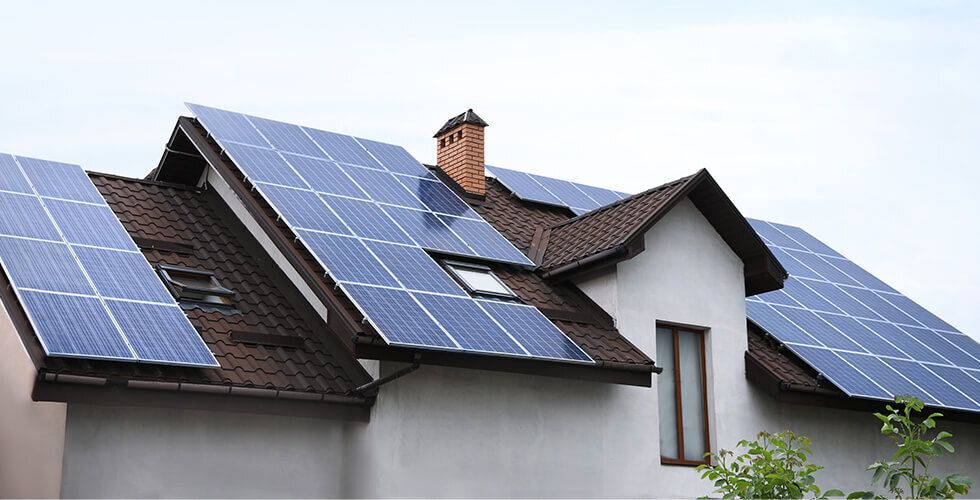When a Phoenix caller named Sid asked Dave Ramsey if he should install solar panels before the 30% federal tax credit expires at the end of 2025, the financial expert didn’t hesitate—“Don’t do it.”
Sid’s proposed $31,000 solar installation would drop to about $22,000 after the credit. Based on local utility rates, Ramsey estimated it would take eight to nine years to break even. For him, that’s too long. He advises only considering solar if the payback period is six years or less, citing high upfront costs, declining incentives, and rapidly changing technology that could make current systems obsolete well before they’ve paid for themselves.
Ramsey’s stance is rooted in his long-standing skepticism toward home upgrades with slow returns. He argues that in states with lower electricity costs, the math rarely works out. Instead, he urges homeowners to prioritize debt repayment, boost cash flow, and invest in improvements with higher, faster ROI.
The timing is important. Under the Trump administration’s accelerated phase-out, the residential solar tax credit ends Dec. 31, 2025—years earlier than initially planned under the Inflation Reduction Act. That means homeowners have a narrowing window to claim a significant deduction: a $25,000 system would qualify for a $7,500 tax credit now, but zero after the deadline.
Proponents point to solar’s potential to slash energy bills, protect against utility rate hikes, increase home value, and promote energy independence. Steven Grant of Guardian Home notes that in sunny states, savings can be substantial. Still, drawbacks include high costs, financing pitfalls, long payback periods, and uncertainty over maintenance, lifespan, and future regulations.
Ramsey’s bottom line? Solar isn’t a one-size-fits-all win. Homeowners should crunch the numbers carefully—and think twice before committing to a big-ticket upgrade that may take nearly a decade to pay off.

